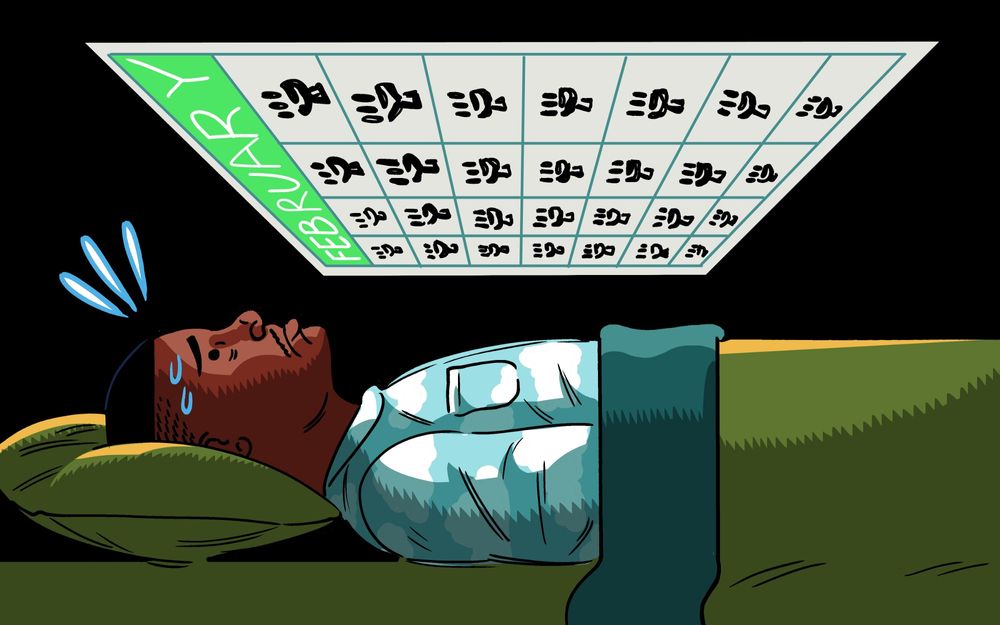Today is the first day of February, and I’m officially stressed out. Sure, I’m happy to have escaped the most bizarre January of my lifetime, with only the mild shellshock of a militia-fueled insurrection and the inauguration of this nation’s first Black vice president occurring just weeks apart. But I’ve got a love-loathe relationship with the second month of the year. Black History Month can be beautiful — but for Black employees in corporate America, it can also be awkward as hell.
In the aftermath of 2020 — a year in which the phrase “performative activism” was cemented in the cultural lexicon — I’m wary of the halfhearted, shallow shit that’s in store for Black History Month. I can see these corporations now, launching campaigns that appear to center Black people but ultimately are just blatant PR plays. Or initiatives that fixate more on Black trauma than triumph. There’s a whole breadth of experiences to honor, but when these projects look at Blackness as a monolith, it does a serious disservice to the culture.
My personal awkwardness as it relates to Black History Month dates back to my public school days as the Only Black Kid in the Classroom. Teachers would put together cursory lesson plans that validated Black icons based on their relationships to White oppression. (Seriously, from Harriet Tubman to Jackie Robinson to Martin Luther King Jr., you could play bingo with these go-to figures.) Either that, or they’d wheel that big-ass TV cart into the room and play, like, Glory or Roots or some shit. Don’t get me wrong, both are classic pieces of cinema, but these lesson plans rarely ever highlighted the beauty of the Black experience, opting to fixate on the struggle.
I could sense from my classmates and professors an expectation to be more vocal, more present with regard to these lessons that felt tailored for me in the most uncomfortable way possible. Instead, I just wanted to shrink in my seat until the month of March. Surprisingly, that feeling returned while working at one of my previous gigs.
Mike, my lone Black co-worker at the time, was gung-ho about repping for BHM. He came up with a pitch to post daily fun facts about Black history on the company’s primary Slack channel, covering everything from art to notable inventors to politics. The response from my co-workers was bare minimum enthusiasm —nothing but some thumbs up emoji responses when he presented it. I was intrigued, but skeptical. On one hand, I figured this could add some flavor to our dry-ass Slack communication and maybe even present an outlet for a reserved voice like mine to join in, taking up space while helping to provide some light-lift edutainment. On the other hand, it had the potential to be an adult extension of those baseline curriculums in junior high.
Thinking back on it now, I wonder why the HR department didn’t lead that effort from the jump. I guess the answer was White in front of my face.
What happened was somehow worse than even that. While the month started off strong with nods to folks like Marcus Garvey and Garrett Morris, Mike’s posting got sporadic, sometimes dropping early in the morning and other times well after close of business. He missed a few days entirely. Then, suddenly, right before Valentine’s Day, the Slack posts just… stopped. I reached out, ready to offer my support and help with researching these tidbits. Instantly, an auto-response hit my inbox. Turned out that dude had left the company for new, perhaps Blacker, pastures.
The odd series of events left me once again feeling the heat of an unwanted spotlight, even if it were entirely imagined. Did my co-workers expect me to grab the baton like legendary Black sprinter Wilma Rudolph, who in 1960 became the first American woman to win three gold medals in a single Olympics? (See? I was ready.) Probably not. I mean, it’s not like anyone was messaging me to say, “Hey, we’re missing those Black facts!” The initiative became just another footnote in the same history it sought to highlight. Thinking back on it now, I wonder why the HR department didn’t lead that effort from the jump. I guess the answer was White in front of my face.
Efforts for a company to commemorate Black History Month internally don’t have to be cringeworthy. Just follow a few ground rules: Be sincere, do your research, don’t half-ass it, don’t obsess over Black trauma, and for chrissakes, if Black people make up the workforce minority, don’t put the onus on one of them to do all of the extra work. If you make that the framework, I’d be all for celebrating this legacy of ethnic greatness.
Black history is American history; that’s something worth acknowledging. Just don’t make it weird, yo.
Read more: Don’t Let Me Hear You Say an HBCU Education Didn’t Prepare Me
